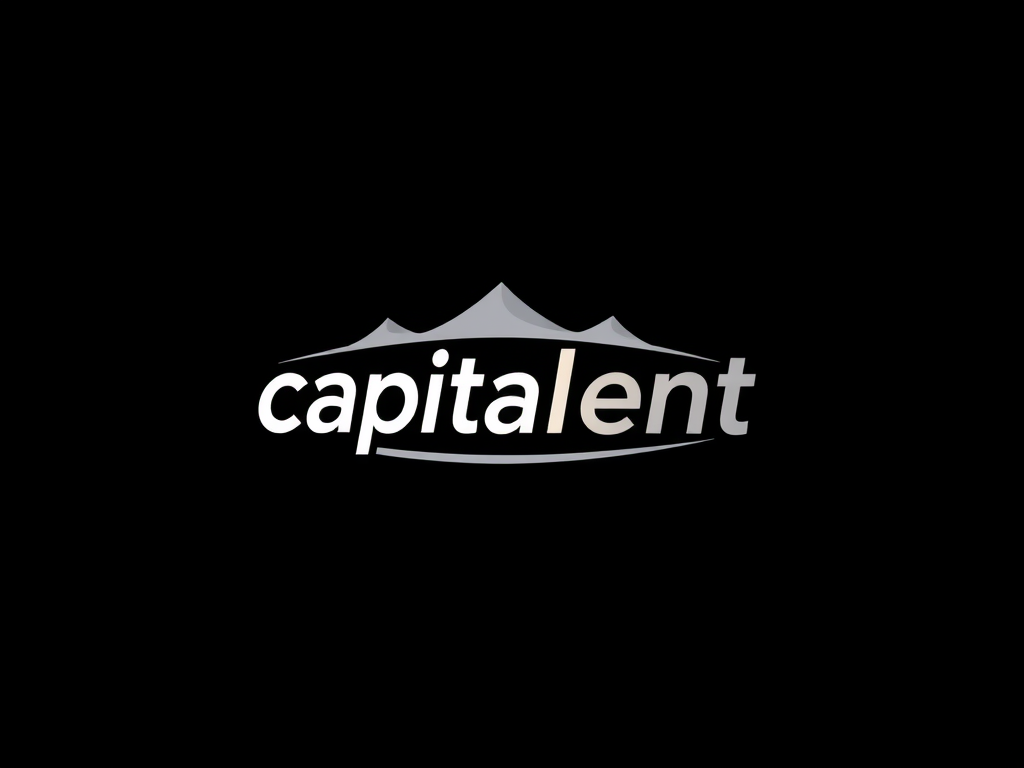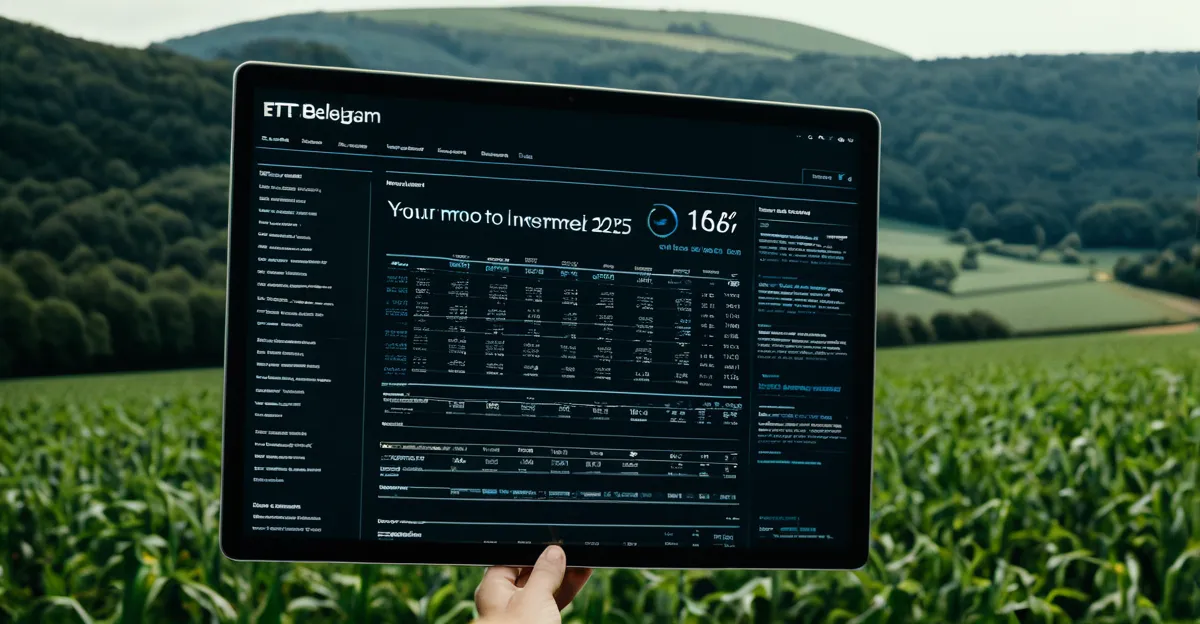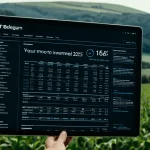Investing in ETFs tailored to Belgium offers a strategic way to access local markets with lower costs and greater diversification. Understanding the specifics—such as key funds like iShares MSCI Belgium ETF, tax rules, and trading conditions—empowers Belgian investors to make smarter choices in 2025. This guide clarifies essential details you need to confidently navigate Belgium’s ETF landscape and optimise your portfolio.
Essential Guide to ETFs for Belgian Investors in 2025
Understanding ETFs is fundamental for anyone interested in Belgian financial markets, as they enable investors to explore various ETF opportunities in Belgium and achieve diversification with a single purchase. ETFs, or Exchange-Traded Funds, are traded like regular stocks and track indices such as the MSCI Belgium. They provide broad exposure to Belgian equities or even global trends, depending on the chosen fund. Belgian ETF options include funds targeting the local stock market, as well as international and sector-focused products. This variety supports personalized investment strategies tailored to different levels of risk and return expectations.
Topic to read : Crucial Insurance Tips for UK Airbnb Hosts: Protecting Your Rental Property
To begin investing in ETFs in Belgium, it is important to select a reliable broker—options range from platforms specializing in low-cost trading to those emphasizing user-friendly interfaces for beginners. Legal requirements in Belgium include opening a brokerage account, verifying identity, and understanding local regulations. Investors should research the available Belgium ETF brokers and review the specific documentation for each platform.
For residents, the tax implications are key: capital gains on ETFs remain untaxed, but Belgian dividends are subject to a 30% withholding tax. Monitoring annual regulatory updates is recommended, as these rules can change and directly affect net investment returns.
Also to see : Boost Your Property’s Value: Unique Eco-Friendly Landscaping Ideas for UK Homeowners
Comparing Top Belgium-Focused ETFs and Investment Strategies
Leading ETFs tracking Belgian markets and the MSCI Belgium index
The iShares MSCI Belgium ETF (EWK) sharply targets Belgian stocks by mirroring the MSCI Belgium IMI 25/5 Index. This fund grants exposure to a broad array of Belgium’s key publicly traded companies, appealing to those seeking concentrated Belgian market risk in their portfolio. Although EWK does not pursue a sustainable or ESG screen, it remains one of the principal vehicles tracking the nation’s economic core. For investors preferring broader themes, Belgium sector ETFs or funds focusing on dividends and value exist, but their coverage can be narrower, with fewer pure-play options than larger European markets.
Performance analysis: historical returns, volatility, and expense ratios
Expense ratios directly cut into investor returns. For example, EWK’s cost sits at 0.50% per year, higher than some pan-European counterparts. In 2025, its year-to-date return hovered near 2.71%, highlighting modest but positive performance amid broader European uncertainty. Investors should weigh this against historical volatility, which can be notable in narrowly focused country ETFs. Currency risk may further impact returns, as these funds often price in euros but trade in dollars.
Thematic, sectoral, and sustainable ETF options available to Belgian investors
Demand for sustainable and thematic ETFs has risen in 2025, with trends such as renewable energy and technology shaping new fund offerings. While pure Belgian ESG funds remain rare, some providers offer ESG-screened European ETFs that allocate proportionately to Belgian equities. Sectoral ETFs—like those focusing on Belgian finance or real estate—offer targeted exposure but may be less diversified. Investors balancing sustainability, risk, and cost often blend Belgian-focused ETFs with broader regional funds for optimal diversification.
Building, Managing, and Diversifying Your ETF Portfolio in Belgium
Balancing portfolios with global, bond, and sector ETFs for market resilience
For Belgian investors, portfolio diversification is central to navigating unpredictable markets. Allocating across global ETFs, such as those tracking the MSCI World index, gives exposure to hundreds of international companies and reduces reliance on local economic cycles. Integrating bond ETFs—especially euro-denominated European bonds—adds stability, offering protection during equity downturns. Sector ETFs (for example, healthcare, technology, or renewable energy themes) allow targeted bets on long-term trends. A commonly recommended allocation might be 40% global equities, 20% bonds, 20% emerging markets, and 20% sector-specific funds, supporting both growth and stability over time.
Managing risks: understanding market, liquidity, tracking error, and currency exposure
Passive investing via ETFs does not eliminate risk. Market risk affects all components, as broader sell-offs can impact every holding. Liquidity risk can arise with less-traded ETFs, affecting the ease of buying or selling at fair prices. Tracking error, where ETF performance diverges from its index, may be caused by fees or imperfect replication. Currency exposure deserves attention: when an ETF’s assets are denominated in non-euro currencies, swings in exchange rates can magnify gains or losses for Belgian residents.
Integrating tax-efficient and cost-effective strategies using accumulating and distributing ETFs
Choosing between accumulating and distributing ETFs matters for tax and reinvestment. In Belgium, accumulating ETFs—which automatically reinvest dividends—often enjoy more favorable tax treatment; capital gains are generally untaxed, while dividend payments incur a 30% withholding tax. For long-term investors, automatic reinvestment can enhance growth through compounding. Low-fee ETFs limit drag on returns, making cost-efficient products preferable. Regular portfolio rebalancing ensures asset allocations remain on target and that risk stays aligned with investor goals.


